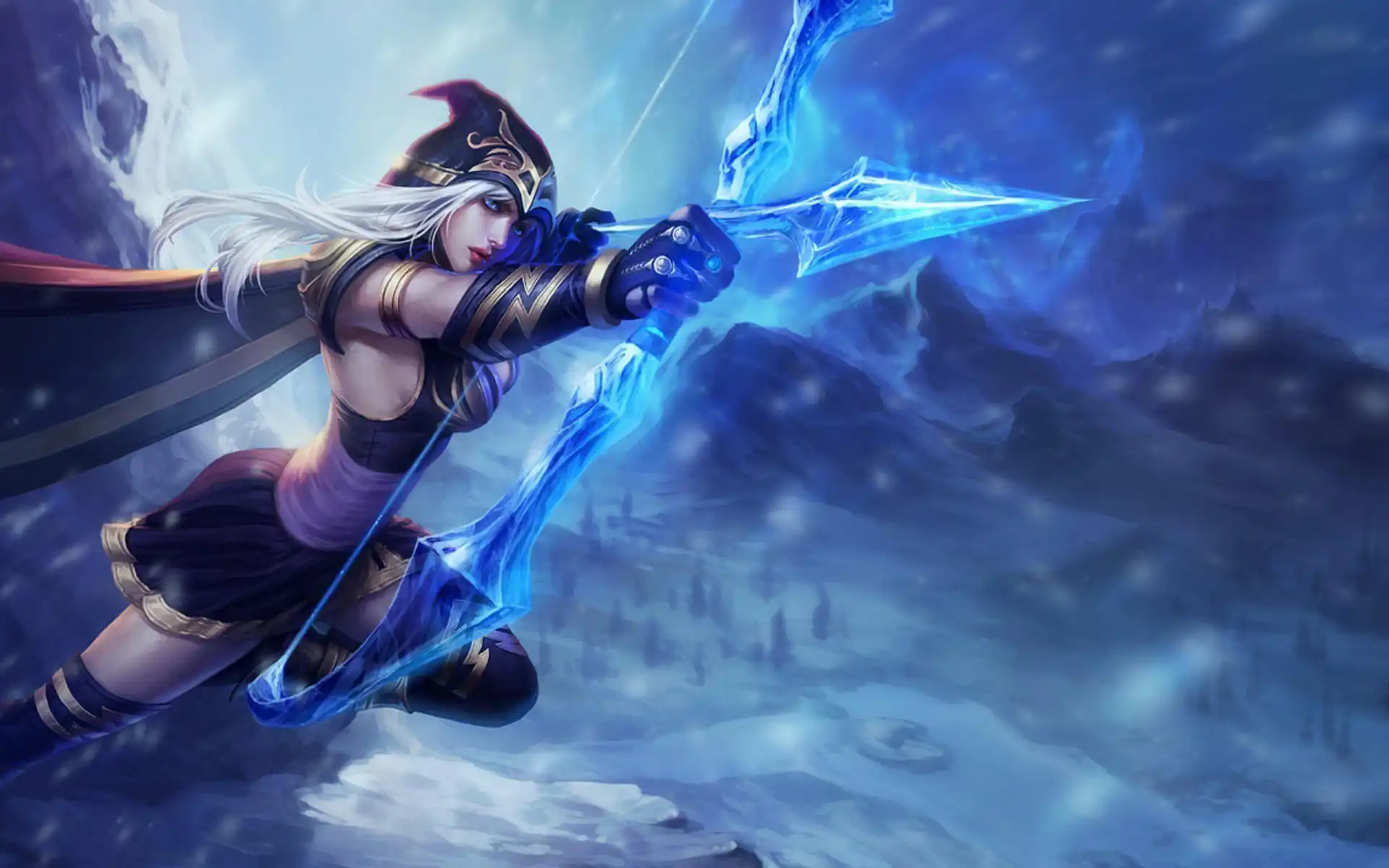The “Loser's queue” Myth
For those unacquainted, 'Loser's queue’ is a popular term within the League of Legends player community. It refers to the belief that Riot Games, the game's creator, deliberately pairs players who are on losing streaks together in matches. Therefore, their chances of breaking the losing streak supposedly dwindle.
However, this idea is nothing more than a myth cultivated by the player community. Riot Games have confirmed that there is no such thing as a 'Loser's queue' that manipulates and endangers player performance within their matching algorithms.

Despite the insistence of some players, the game developer has debunked the myth several times, one of them being RiotPhroxzon addressing the topic in a forum.
Forum Post by RiotPhroxzon
A well-known figure among the League of Legends community, RiotPhroxzon took to the forum to discuss the misconception. The game designer emphasized that Riot Games does not engineer the concept of 'Loser's queue' into their game algorithms.
RiotPhroxzon stated that the matchmaker system, contrary to player belief, does not analyze a player's most recent games to determine their next match pairing.
The designer asserted that instead, the system only takes into consideration the player’s MMR (Match Making Rating) for pairing. MMR, not recent wins or losses, is the determining factor for their match-ups in League of Legends.
Additionally, RiotPhroxzon explained that the algorithm does not differentiate a player based on their previous match results. League of Legends treats every match as a fresh start.
The Basis of MMR
The selection criteria of MMR, rather than winning or losing streaks, provides an unbiased platform to all players. MMR is a rating system in League of Legends that measures a player's skill, and it helps to create fair matches.
It makes no distinction between a player on a winning streak or a losing streak. MMR helps in creating games that can be competitive for all participating players regardless of their recent track record.
By using MMR, the chances of creating games where every player is at relatively consistent skill levels increase, thus leading to more balanced and fairer games.
Players might feel they are being placed in 'Loser's queue', but it is a misconception stemming from a string of losses, often resulting in frustration.
'Loser's Queue': A Psychological Explanation
The belief in the 'Loser's queue' stems from basic human psychology. The human mind often perceives patterns where there are none, a cognitive bias known as 'apophenia.'
When players experience a flurry of losses, they subconsciously attempt to justify the frustration by blaming it on an external factor such as the 'Loser's queue'. This places the blame outside of their control, thus preserving their self-esteem.
The myth helps players to manage their cognitive dissonance - the mental discomfort experienced when a person holds two or more contradictory beliefs, ideas, or values.
Therefore, blaming losses on the 'Loser's queue' is an easier option than accepting the potential fact that either teammates or personal gameplay may be lacking.
Concluding Remarks
While the ideas behind 'Loser's queue' can feel very real, particularly after a string of losses, it's vital to remember that they remain just that - ideas, unsupported by Riot Games' systematics.
The outcome of matches in League of Legends does not revolve around a mythical queue, but rather personal skills, team coordination, and strategic gameplay.
Thus, players should focus more on improving their strategies and gameplay, rather than worrying about non-existing elements like the 'Loser's queue'.
It's more productive to keep developing skills, cooperating with teammates, and enjoying the game rather than subscribing to self-defeating myths.